About Course:
What You Will Learn
- Industry Accounting & Financial Statement Analysi
- Financial Statement Modeling
- Net Asset Value (NAV) and DCF modeling
- Accretion/dilution (M&A) modeling
- Leveraged buyout (LBO) modeling
- Excel mechanics and functionality for the O&G industry
- Comparable company analysis
- Comparable transaction analysis
- Financial & valuation modeling best practices
Introduction to O&G accounting & financial statement analysis
- Participants will understand dynamics of the O&G industry and the factors determining crude oil and natural gas prices
- Learn the different business segments – upstream, midstream, and downstream – that make up the O&G industry
- Learn O&G terminology, units, and key terms
- Distinguish between full-cost and successful efforts accounting methods and their impact on financial statements and on financial statement analysis
- Learn the structure and layout of the O&G financial reports and filings (i.e., 10-K, 10-Q, annual report)
- Learn how to analyse and interpret O&G financial statements, footnotes, and disclosures
- Understand how to perform O&G reserves and production ratio analysis
Introduction to O&G financial modelling
- Building comprehensive O&G financial models from scratch the way it is done at major financial institutions.
- Forecasting crude oil and natural gas prices
- Understanding the role of price and volume hedges
- Standard formatting best practices.
- Excel best practices, efficient formula construction, and appropriate driver selections
- Learning to use data tables to present various sensitivities to projected financial metrics
- Balancing the balance sheet accounts, including excess cash and revolver
- Fixing circularity problems, iteration, and other common modelling troubleshooting
- Balancing sheet / cash flow statement crosschecks
Overview of O&G valuation modelling
- Relative vs. Intrinsic value
- Modelling techniques
- Calculating and interpreting multiples
- Useful Excel shortcuts and functions
- The “football field”
Building an O&G Net Asset Valuation (NAV) model
- Project cash flows for each major project and field to derive the value of E&P segment
- Learn how to value in-ground versus producing reserves
- Understanding proper valuation methodology and drivers for each major O&G business segment
- Estimating the weighted average cost of capital (WACC) and common pitfalls to avoid
- Using data tables to analyse a broad range of scenarios given different assumptions
Building an O&G trading comps model
- Set O&G evaluation benchmarks & select comparable companies
- Gather appropriate financial history and projections
- Normalizing operating results and calculating LTM operating results
- Exclude nonrecurring charges, normalize for stock option expense
- Calculate shares outstanding using the treasury stock method
- Input financial data & calculate and interpret financial and market ratios
- Presenting trading comps by structuring output schedule
- Selecting key valuation multiples using the VLOOKUP function and generating multiple tables
Building an O&G transaction comps model
- Similarly, to trading comps, trainees set O&G evaluation benchmarks, select precedent O&G transactions, gather appropriate financial details, input financial data, and calculate and interpret financial and market ratios
- Calculating purchase premiums
- Understanding pricing structures (fixed vs. floating, collars, and walk-away rights)
- Best practices for incorporating synergy assumptions and appropriately calculating unaffected pre-deal share prices
Building an O&G M&A modelling
- Participants will build an O&G merger model in Excel to reflect the pro forma impact of various acquisition scenarios.
- Topics covered include a quick test of accretion-dilution in all-stock deals, pricing structures (exchange ratios/collars/” walk-away” rights), purchase accounting, the step-by-step allocation of purchase price, and the derivation of important O&G metrics and ratios.


 Over 1.000 comments
Over 1.000 comments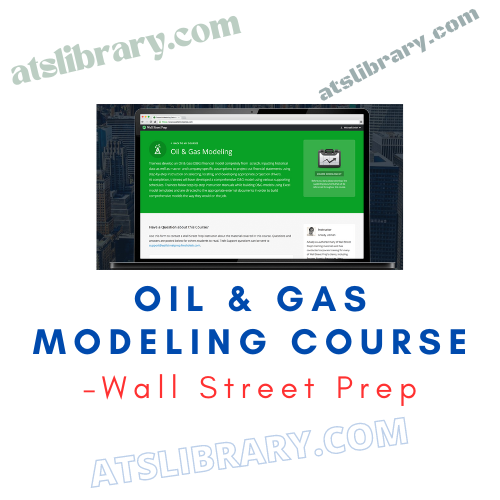
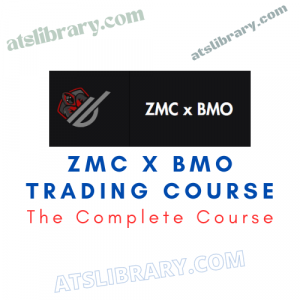


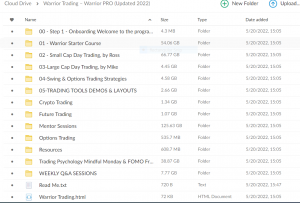
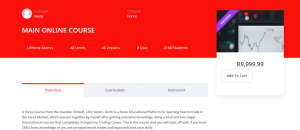

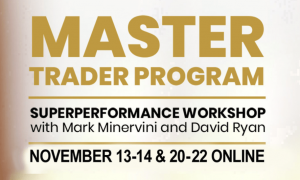
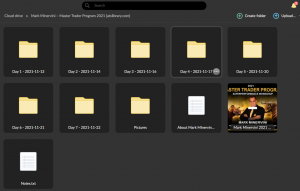
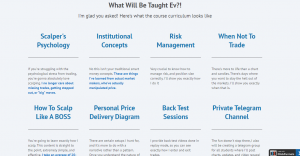

Reviews
There are no reviews yet.